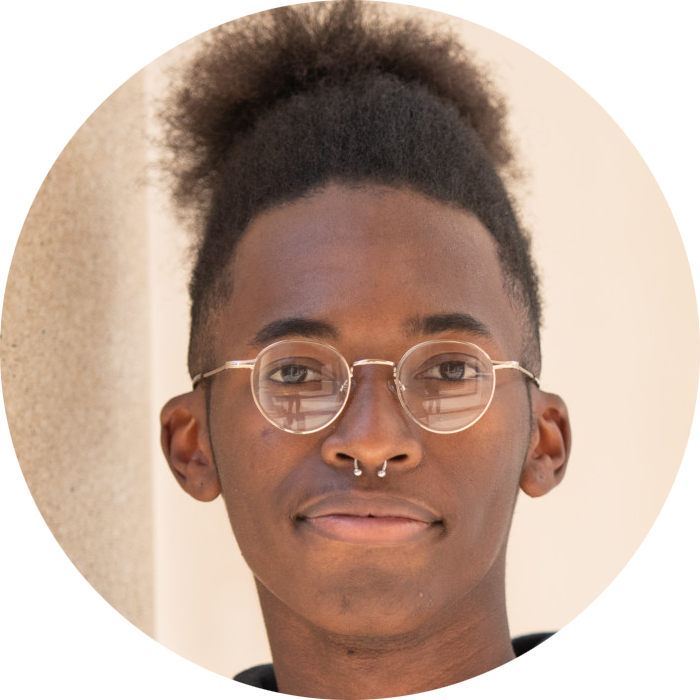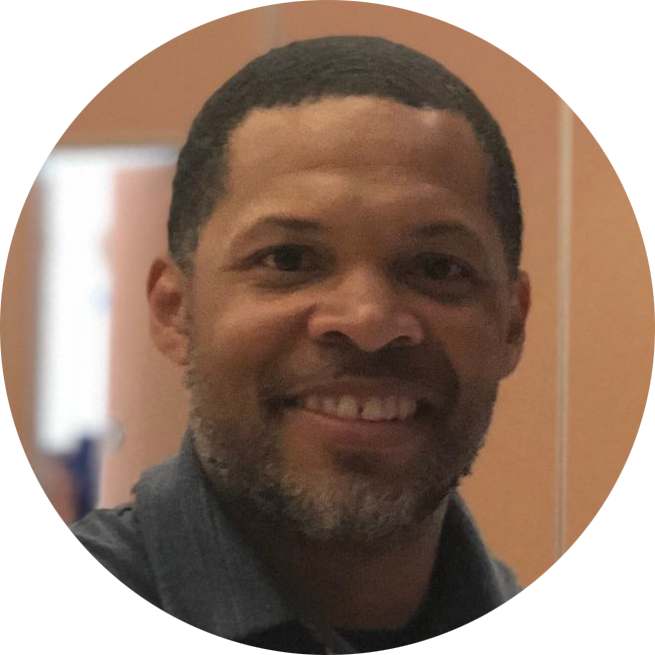Juneteenth: An Expression of Freedom
CSU community members share perspectives on the holiday story by Joe Giordano published June 14, 2021On June 19, 1865 – just weeks after the formal end of the Civil War and five years before the establishment of Colorado State University – Union Army Gen. Gordon Granger issued General Order No. 3 in the coastal town of Galveston, Texas, marking the end of slavery in the state.
President Abraham Lincoln had issued the Emancipation Proclamation in 1862, and it had become law on Jan. 1, 1863.
“It was a travesty that two and a half years after the Emancipation Proclamation, there were still slaves in Texas who had not been freed, and this is the day it finally happened,” said Blanche Hughes, vice president for student affairs. “None of us are free until all of us are free, and Juneteenth is a time to reflect on the past and acknowledge the pain that continues to impact our community today.”
On June 17, 2021, President Joe Biden will sign into law a bill passed by Congress making Juneteenth a federal holiday.
At CSU, Juneteenth – which commemorates the events of that historic June 19 – evokes a range of memories and emotions across generations of the university community that focuses on a word that has so many meanings in this country: freedom.
Growing up in segregated Lexington, Kentucky, in the 1960s, Hughes said she had not heard of Juneteenth until she moved to Colorado in the 1980s.
“I was disappointed that this history had never been taught in schools or included in my college curriculum,” said Hughes, who earned her bachelor’s degree in Indiana before receiving her master’s degree and doctorate from CSU.
For Hughes, she said it’s important to take a moment to reflect on the significance and long-term effects of slavery.
“It’s important for everyone, not just African Americans, to recognize the historical impact of people being marginalized in this country,” she said. “It’s important to acknowledge what happened in order to teach the next generation so it doesn’t happen again.”

“It’s important for everyone, not just African Americans, to recognize the historical impact of people being marginalized in this country. It’s important to acknowledge what happened in order to teach the next generation so it doesn’t happen again.”
— Blanche Hughes, vice president for student affairs
Focusing on lessons for today
Jalen Thompson, who is entering his second year at CSU majoring in music performance, said the lessons of Juneteenth still resonate today.
“It took two and a half years to find out they were free,” Thompson said. “And that’s an important thing to think about because while we may say we have certain freedoms and while people are supposed to be protected by police, certain things don’t always happen because we say they do.”
Thompson reflected on the murder of George Floyd by police and his own personal experiences with law enforcement in his hometown of O’Fallon, Missouri, near St. Louis.
In one instance, Thompson was walking home from high school when a police officer stopped him about a missing person. After telling the police officer that he was not the missing person and showing identification, Thompson said the officer wanted to take him back to the station. Luckily, his mother, driving home, saw the incident and talked to the officer.
“The problem is that I’ve had that situation happen to me several times in different ways, where I’ve been scared of something happening – even though I didn’t do anything wrong,” Thompson said. “Regardless if anything would happen, I know a lot of my friends who are white wouldn’t have thought the same thing. And that to me is what shows whether you believe that the police are doing something wrong or not, we’re growing up in a society where something is amiss, where I have to feel that way in my own neighborhood.”
For Thompson, Juneteenth is a recognition and acknowledgment of the fact that all freedoms aren’t protected equally across the board. As a student at CSU, he has worked to educate others, writing a piece on free speech for SOURCE in the lead-up to the 2020 elections.
“It’s been a slow march trying to get all of the things we want done to happen,” he said. “We’ve definitely had some victories, and we’ve had some setbacks.”

“It’s been a slow march trying to get all of the things we want done to happen. We’ve definitely had some victories, and we’ve had some setbacks.”
— Jalen Thompson, CSU undergraduate
Taking action
Duan Ruff, who graduated from CSU in 2003, recently returned to his alma mater as the new director of the Black/African American Cultural Center.
When Ruff thinks about Juneteenth, the first thing that comes to his mind is freedom.
“It makes me think of how far we’ve come to where now we’re sitting in a Black/African American Cultural Center on a college campus,” he said, “and how much more freedom we have than what a slave would have had. And it also makes me think, we still got a long way to go.”
For Ruff, Juneteenth is a day of reflection on what kind of communities need to be created – communities that embrace the freedom of opportunity, equality, and the beliefs and ideals of all, with no intention of harming or causing harm to others.
“If we’re going to create those kinds of communities, then what Juneteenth means is a call for us to say, ‘I’m glad we’re all in a space where we can celebrate a first step toward creating equity, equality and freedom for everyone in this country,’” he said.
It’s also a day of action for Ruff.
Ruff said he hopes people go beyond posting messages on social media and consider something deeper.
“I want to see people take action because we have people trying to take us back to the days where things were restricted for certain groups of people,” he said. “I hope people use Juneteenth as a call to action and not just a day to celebrate and forget about it the next day.”

“I want to see people take action because we have people trying to take us back to the days where things were restricted for certain groups of people. I hope people use Juneteenth as a call to action and not just a day to celebrate and forget about it the next day.”
— Duan Ruff, Black/African American Cultural Center director